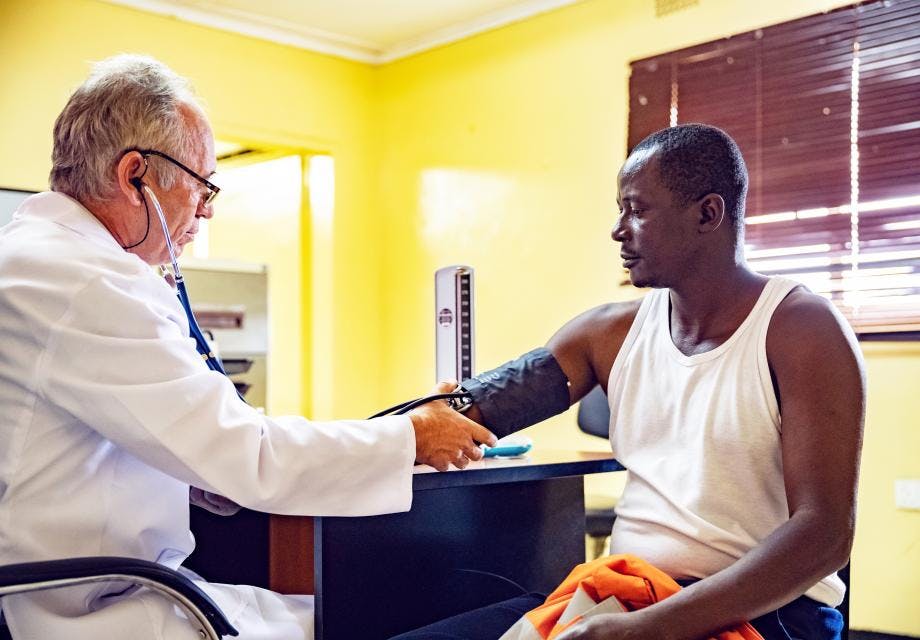Providing ‘fast-track’ HIV treatment refills improves adherence
Hester Phillips
17 August 2022
Zambian clinics that offered people the chance to pick up their antiretroviral (ART) refills quickly found people were more likely to collect their medication on time and returned faster if they missed appointments.
What is the research about?
Fast-track ART. This is when people who are stable on HIV treatment can pick up ART refills without having a full medical check-up. The aim of fast-track ART is to reduce waiting times, which makes it easier for people to keep taking ART.
This study compared two clinics in Zambia that offered fast-track ART with five clinics that provided standard HIV care.
The fast-track service provided a room where people could collect pre-packaged, three-month ART refills. Lay healthcare workers provided a brief health screening and adherence counselling. Every six months people were seen by a doctor.
Standard HIV care offered one month ART refills, but introduced three-month refills during the study. People got a full medical examination and adherence counselling at each visit then given a prescription to fill out. They were seen on a first-come, first-served basis.
Around 900 people took part in the study. The median time on ART was five years.
Why is this research important?
Long wait times can make it difficult for people to come to health facilities to get ART refills. This leads to poor treatment adherence. In turn, this increases people’s risk of getting ill and developing HIV drug resistance.
What did they find out?
The HIV clinics that provided fast-track ART found people were more likely to collect their pills on time.
Fewer people getting fast-track ART collected their pills at 7, 14 and 28 days late, compared to people getting ART refills through standard HIV care.
Although there were people in the fast-track group who still collected their ART late, they returned for their refills faster than people getting standard ART.
People getting standard ART were at least two times more likely to miss an HIV care appointment by more than 28 days than those using the fast-track service.
People on the fast-track service were also more likely to return to care after being 28 days late for an appointment (50% returned in the fast-track group compared to 43% in the standard care group).
What does this mean for HIV services?
As HIV treatment programmes continue to grow they will put more strain on health systems. So finding cost-effective, sustainable ways to make HIV care more efficient is important.
Fast-track ART is one such way. It is likely to have more impact than just giving people multi-month prescriptions (for example, three-month refills instead of one-month refills).
But fast-track refills alone will not guarantee that people on HIV treatment are able to keep taking it. It is also important to consider running peer-led adherence support groups or clubs. These groups can help people with HIV discuss any issues they are facing. These might be practical issues, such as how to remember to take their pills at the same time each day. Or they might be emotional issues, such as how to ask family members for support with taking HIV treatment, or ways to deal with HIV stigma. Being able to access this kind of support is important for staying on HIV treatment, however easy refills are to collect.
Get our news and blogs by email
Keep up-to-date with all our latest news stories and blogs by signing up to the Be in the KNOW news digest.
